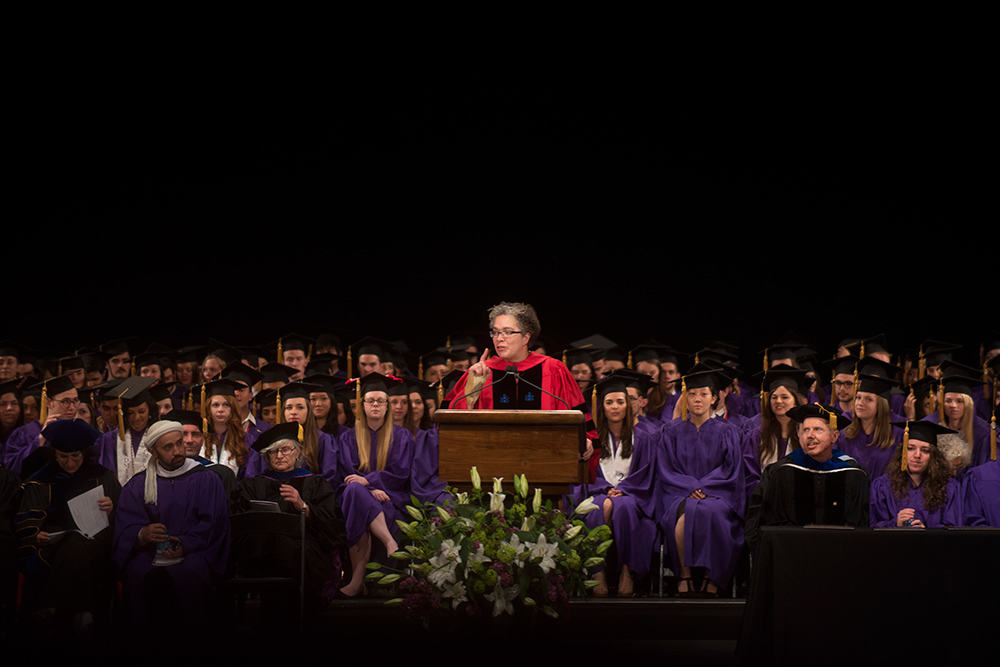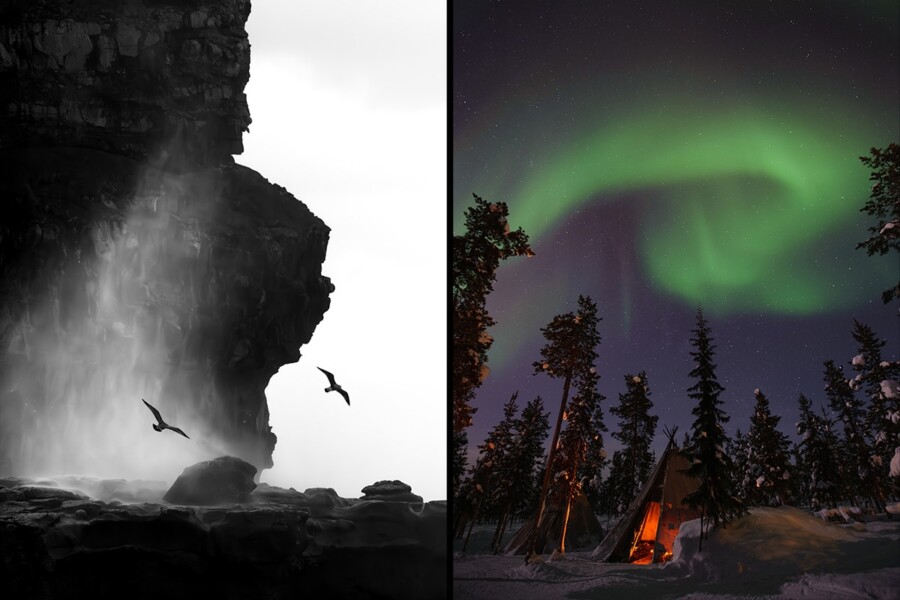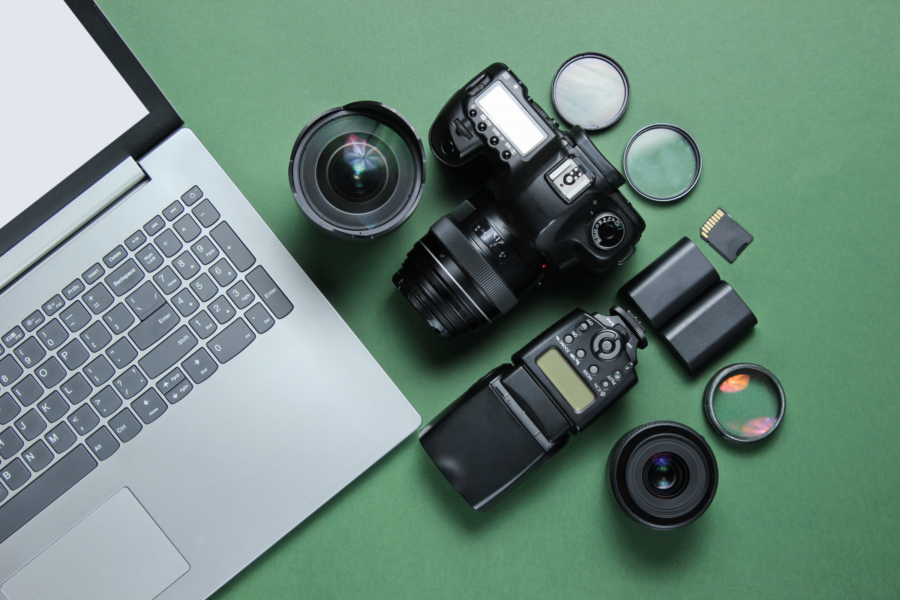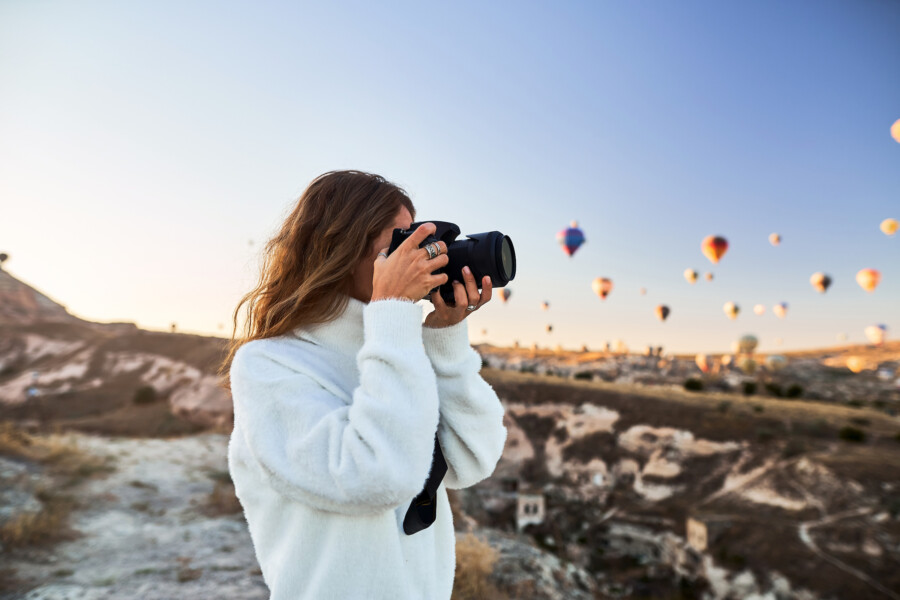Share
My Pretend Photo School
It can be instructive to look across different creative industries to see how non-photographers are dealing with rapid change in society. We have w...
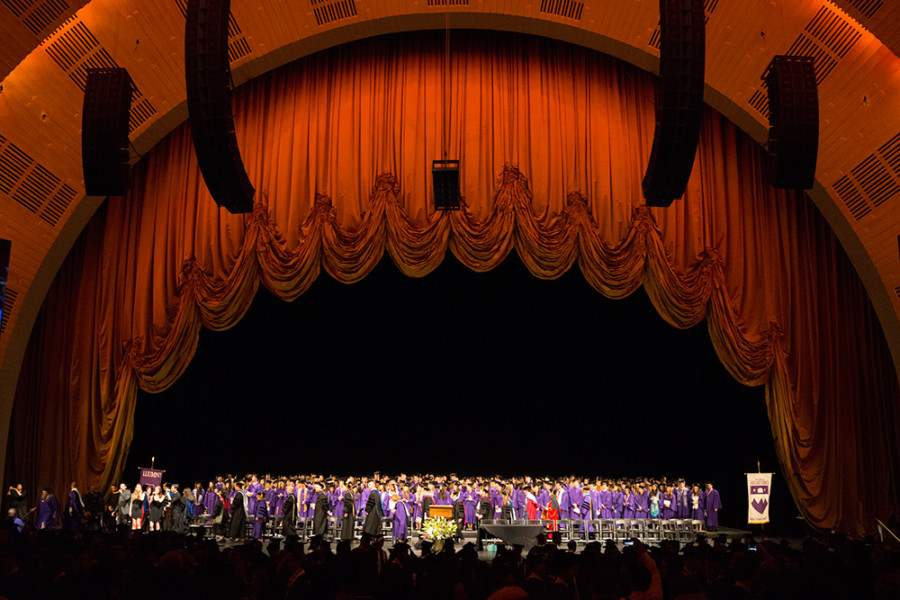
It can be instructive to look across different creative industries to see how non-photographers are dealing with rapid change in society. We have written before about The Top 10 Things Photographers Wished They Learned in Photo School and What Photographers Really Should Be Learning in School – education is so vital to our individual and national success that we will continue to revisit the topic with relative frequency.
As a music major, I was intrigued to read Ivan Trevino’s My Pretend Music School, and found many parallels that could be extended to the photo industry. Trevino’s argues that the traditional music school curriculum has very little to do with being a professional musician, and thus to remain relevant and effective, schools need to drastically change what they teach. Here are a few of my favorites from Trevino’s post:
Every student at my pretend music school is required to take a class in Audio / Visual production: How to operate a camera, sync recorded audio to video, learn about aperture / brightness / editing / splicing / etc. Why a required A/V class? Other than playing live, online videos are currently the biggest platform for reaching new audiences, which is critical to a musician’s survival.
Of course, many photographers are already familiar with aspects of video production. But the point is clear: you need to understand contemporary marketing tools to be successful. In the case of photographers, I would require photographers to take a class in social media marketing. This wouldn’t be a fluff class on taking selfies, but a quantitatively-driven class that starts with the student creating a marketing thesis, designing and executing marketing activities, and then analyzing the statistics to see if they were able to move the needle. So much consumption of photography occurs online, and photographers should be able to decipher Google Analytics reports with ease.
Music Theory: Composing & Arranging. Having experience composing & arranging can create supplemental sources of income for musicians, i.e. marching band arrangements, chamber music arrangements of larger works, and even writing your own music, which gives you your own voice as a performer.
Trevino identifies non-performance-related tasks that are income generating. Similarly, photographers need to be able to do something other than take pictures. Working as an assistant, digital tech, or retoucher can be as lucrative as being a photographer, and every photographer should have mastery of a secondary skill.
Standing Room Only Concert Halls: Yes, my school will have standing room only concert & recital halls, with a bar readily available. Cheering will be encouraged. Have a good time. Music….On that note, my school will have a bi-weekly open mic night to encourage student performances. None of this one-recital-a-year business. If you’re at a music school, you should be performing all of the time, on a regular basis. That’s how you get better at performing.
Finding and developing an audience for your work is crucial. It’s surprising to me that more schools haven’t developed their own Slideluck Potshow-style events to engage the community at large. Local businesses should be engaged to display new student photography. An appreciation for the arts doesn’t just happen – it needs to be cultivated – and this is an area where schools can work proactively to help students.
A few more thoughts:
- Every college student should be given the US Department of Labor Occupational Outlook Handbook the moment they arrive on campus. Even if a student is dead set on pursuing studies in a creative field, colleges should be obligated to tell/remind them where the jobs will be when they graduate. Given the absurd cost of higher education, this is the least schools can do.
- Schools should set up 1-year rotating “Artist in Residence” programs where working photographers can spend a paid “sabbatical” year sharing their knowledge and experience while recharging their batteries.
- More and more schools are requiring Junior Year Abroad participation and photo schools should be no exception. Photography students need to be pushed outside their comfort zone and forced to explore a new region (preferably with a foreign language) and acquire a global view and social skills that will benefit them later in life.
- Business classes can be dull and seem very disconnected from a student’s life. A good business class will require students to learn fundamental activities like 1) recording and writing off expenses, 2) deciding whether to rent or own, 3) calculating the cost of doing business, 4) create a mock pricing sheet, and 5) create an SEO-optimized website and social media presence to understand the value of inbound marketing.
What classes would you require?
